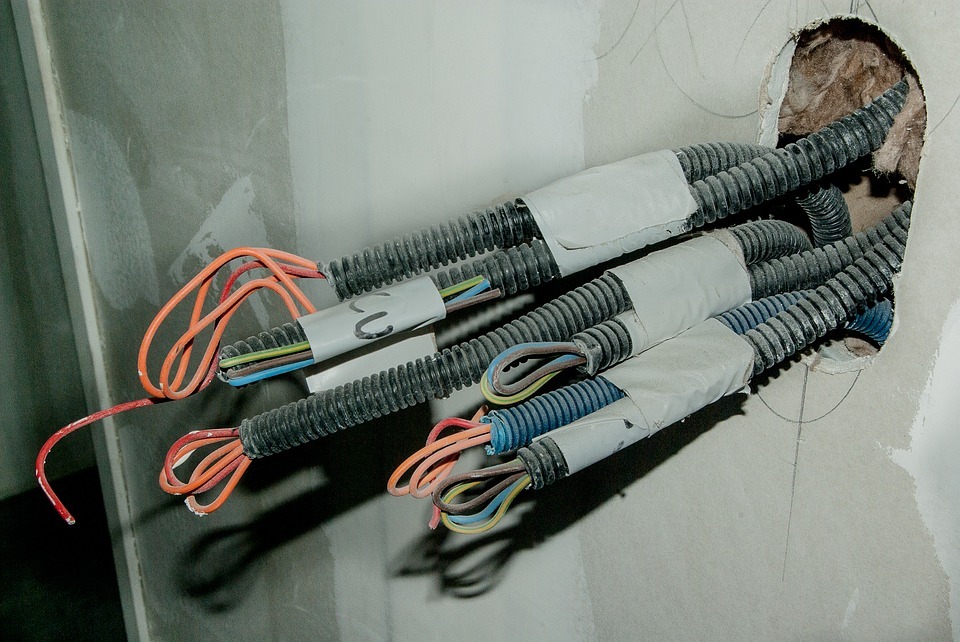What does an electrician do?
An electrician is a highly-skilled tradesperson who plans, installs, maintains, and replaces electrical wiring systems employed in various industries like homes, businesses, and factories machinery, or equipment. Electrical wiring varies hence the difference in the types of electricians depending on the number of voltages being distributed and their area of work. Linemen work with high voltages which involves handling electric utility in factories and corporations while wiremen cater to residential electricity in homes and buildings. If you are an electrician and struggling for a license, check out the electrician license information by state here.
Job Description
Electrician work and responsibilities are specific and vary depending on their area of specialization. Their work requires training and without proper skills, electricity can be dangerous to work with. Residential Electrician install, repair, maintain, and replace wiring devices in homes, apartments, and commercial buildings. Light Commercial Electricians install, repair, maintain, and replace electrical devices in commercial buildings. They ensure the smooth running of companies by ensuring no interruption by electricity problems by diagnosing issues with the electrical systems, repairs, and replacements, fixing issues with lighting, alarms, and other electrical systems.
Responsibilities
Specific responsibilities related to an electrician’s job include:
- Reading and interpreting blueprints, circuit diagrams, and other technical documents while working hand in hand with architects, builders, and contractors to plan electrical systems layout.
- Performing maintenance procedures and testing existing lighting, wiring, and devices to determine whether there are a malfunction and faults hence ensuring good working conditions.
- Following technical diagrams and researching to install wiring, lighting, and control systems in new or existing buildings according to building codes or municipal codes for a specific area.
- Wiring repair, installation, and residential and commercial planning.
- Installing switches, circuit breakers, relays, power outlets, light fixtures, heating outlets, ventilation systems, electrical control, and distribution equipment.
Qualifications
To become an electrician, one must undergo extensive training apart from just attending school to get a degree by undertaking an apprenticeship program that lasts for four to five years or attends technical school. They are required to be 18 years of age, have completed a high school diploma, and should pass an aptitude test to obtain their license and substance abuse screening exam. During the apprenticeship, they undergo technical training and practical on the job experience each year. However, being part of the workforce does not need a degree since experience is more important than their education levels. Electricians’ experience, therefore, brings value to their role.
The pay rate of electricians depends on their level of experience, education, and location. Their salary increases as their advance in their career and their job market is anticipated to stay growing as their demand keeps increasing.
Conclusion
An employable electrician not only has education on the course but has also undergone background checks and has been exposed to their line of work to get experience to be able to work legally without direct supervision. The strong and stable career growth of an electrician is the main attraction for many high school diploma graduates and any logical thinker who wants to become an electrician.

